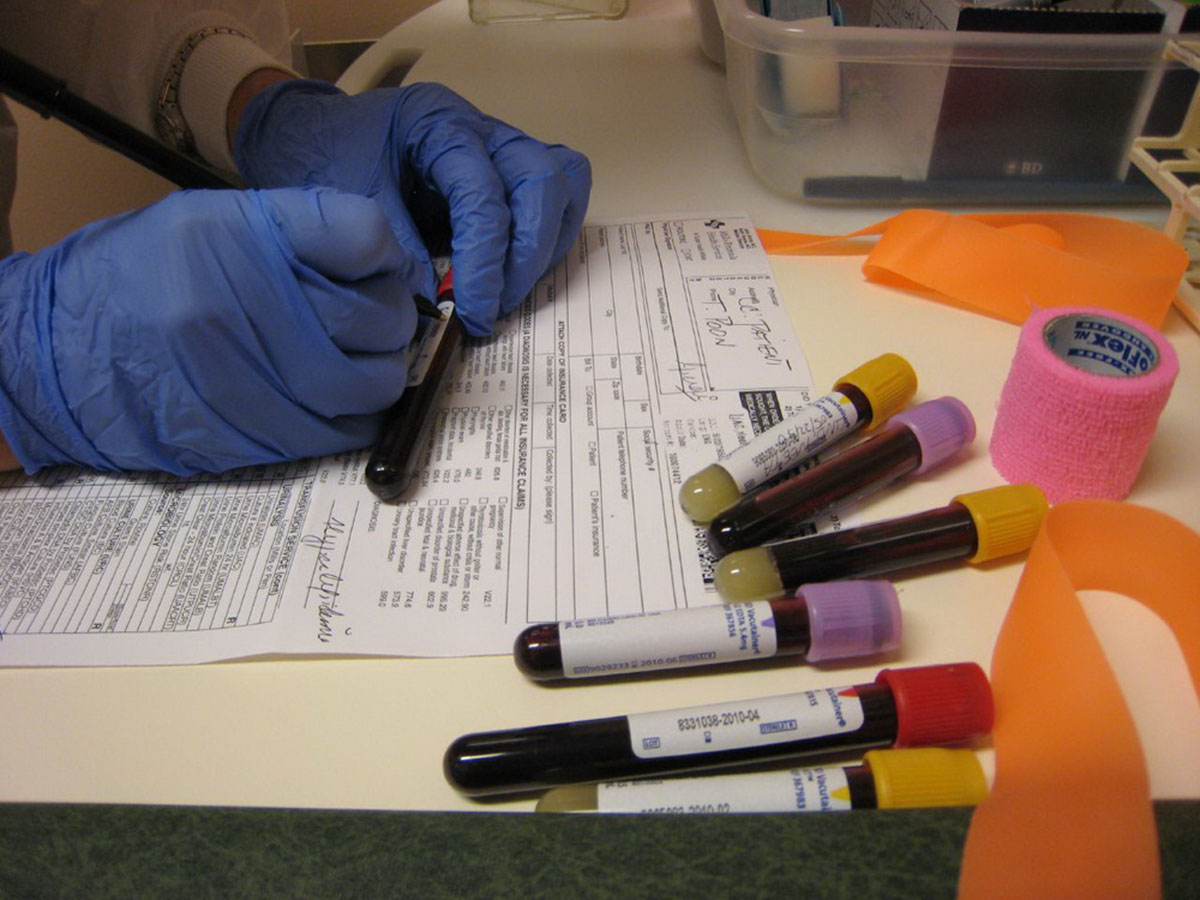Table of Contents
After the blood extraction, your blood will then be stored at specific conditions before it is transported to the lab, where it will be analyzed according to your physician's requirements. Blood samples can be stored, but they must be analyzed on the same day that they were taken because some of the substances that need to be identified can degrade over time.

Your health state in a few drops of red fluid
I'm sure you are now wondering what kind of tests are performed to your blood.
What kind of substances can be identified in a blood sample, and what do they tell?In a routine check up, you can see, first of all, how your blood cells are doing. If they are in the right amount and have the right size. This will tell your physician if you have any blood related condition, such as anaemia, coagulation problems or even blood cancer.
Apart from blood cells, it is also possible to know if you have nutritional deficiencies through a blood sample. It is easy to detect and quantify the levels of vitamins and minerals in your blood, being some of the most important the iron, calcium and zinc levels.
The amount of lipids, such as cholesterol and triglycerides are also determined in blood tests. These are important because, when over the normal range, they can be quite dangerous and predispose the patient to heart disease and stroke, as well as metabolic diseases like diabetes. This last condition is also detected by analyzing the quantity of blood sugar in the sample.
Other types of tests
Hormonal levels, both in men and women, and some other markers of disease, are also present in blood and are determined in a blood sample when the physician requires it, as they are usually not routine tests. For example, kidney problems are accompanied by the presence of certain substances in blood, as well as in urine. When your kidneys are not functioning well, they tend to fail in filtrating certain molecules into the urine, accumulating in the blood. The most common are urea and creatinine.
Another example is liver disease. When this organ is damaged or not functioning well, it tends to release substances that indicate liver failure. These substances can also be detected in your blood, and will tell your doctor that your liver is not in the best conditions.
It is not necessary to get a large volume of blood for some tests.
Read More: Blood Test for Down's syndrome Prediction Developed
Now, you know what's done with your blood after the nurse pinches you with a needle and gets a sample of this dark red fluid. The next time you get a blood test, remember how important it is to follow your doctors instructions before, during and after your blood sample is taken.
- Photo courtesy of Michele M. F. by Flickr : www.flickr.com/photos/e-coli/2981898402/
- Photo courtesy of Neeta Lind by Flickr : www.flickr.com/photos/neeta_lind/3572379084/

